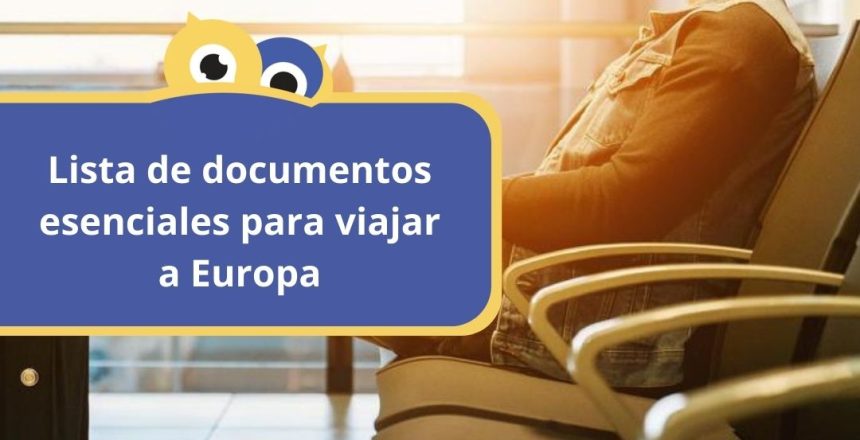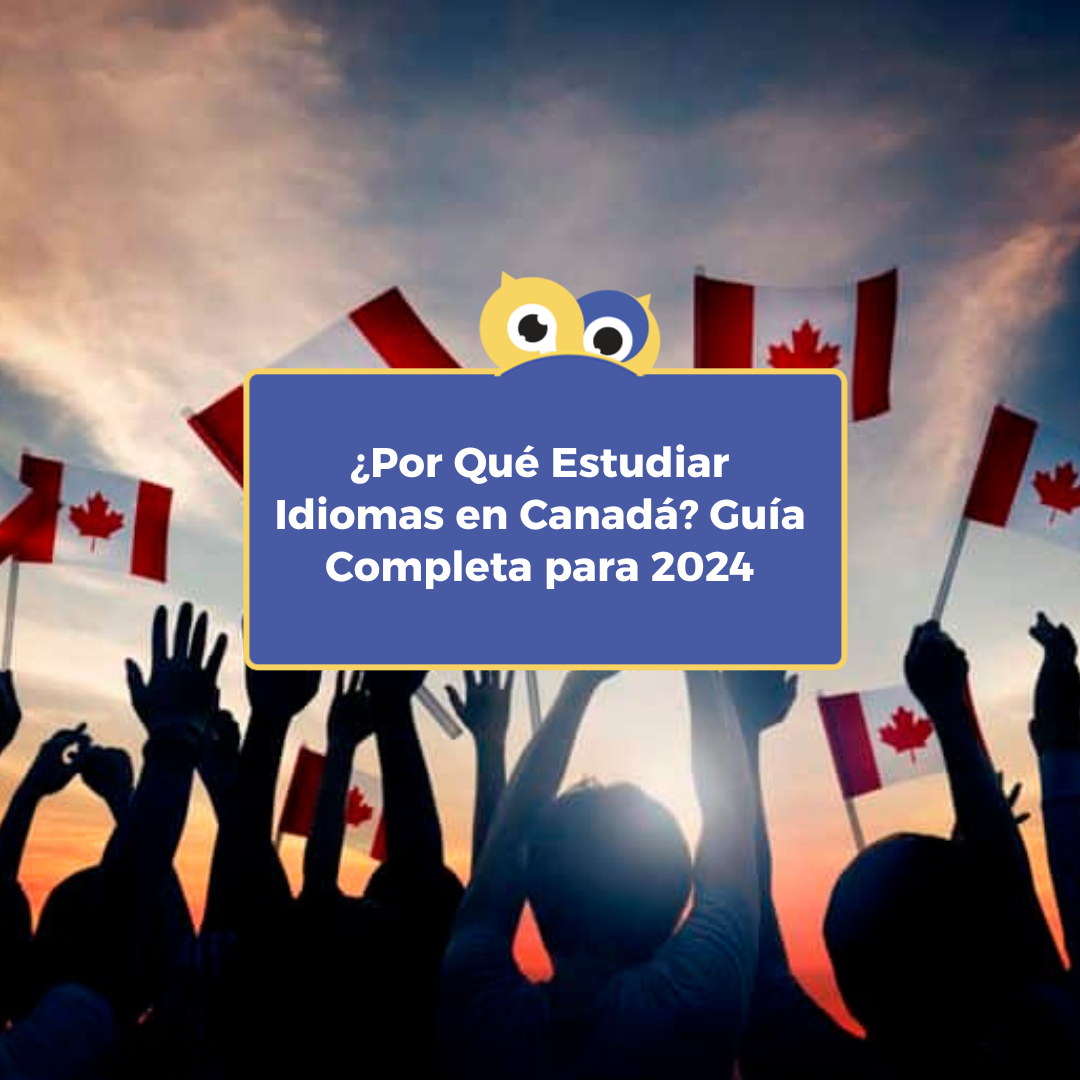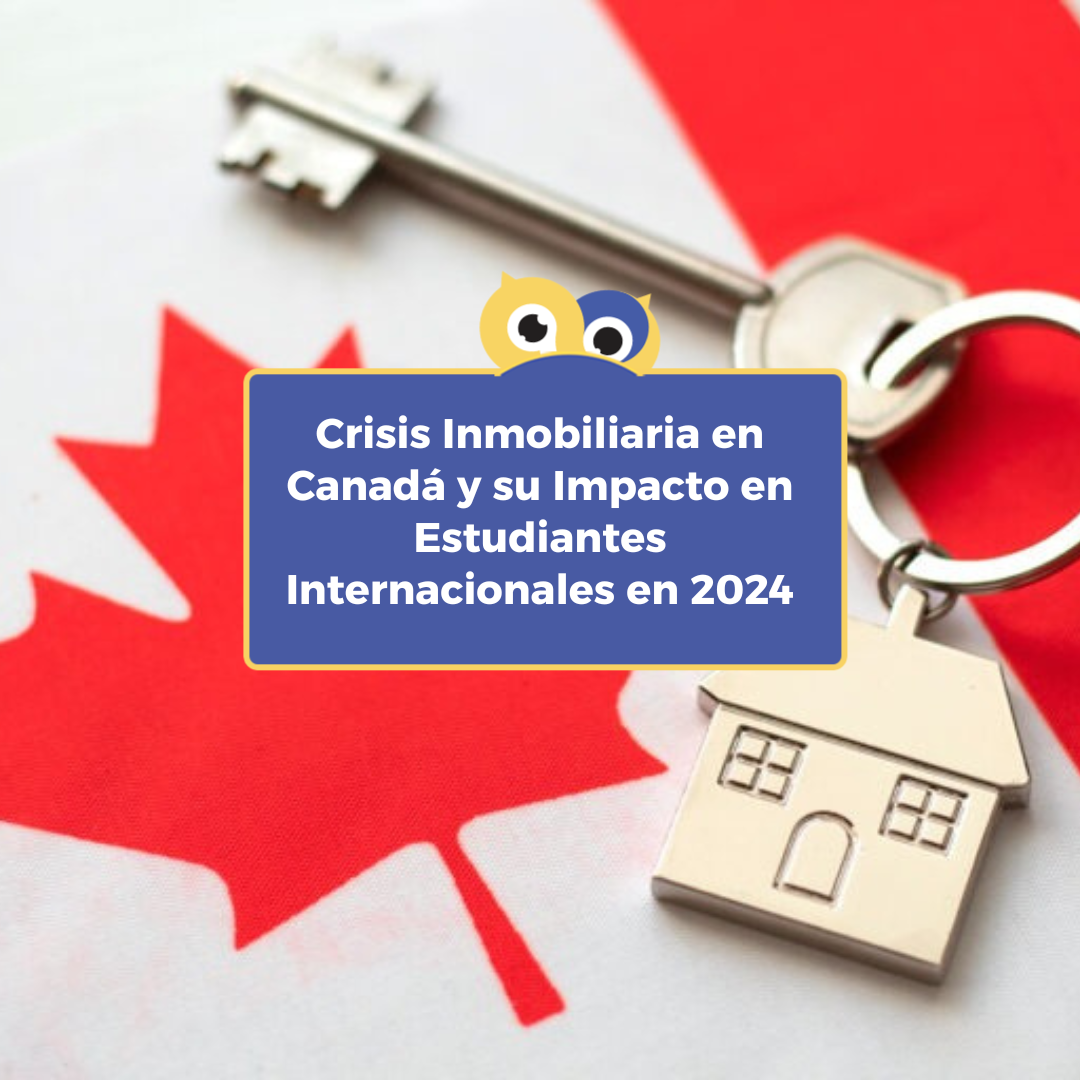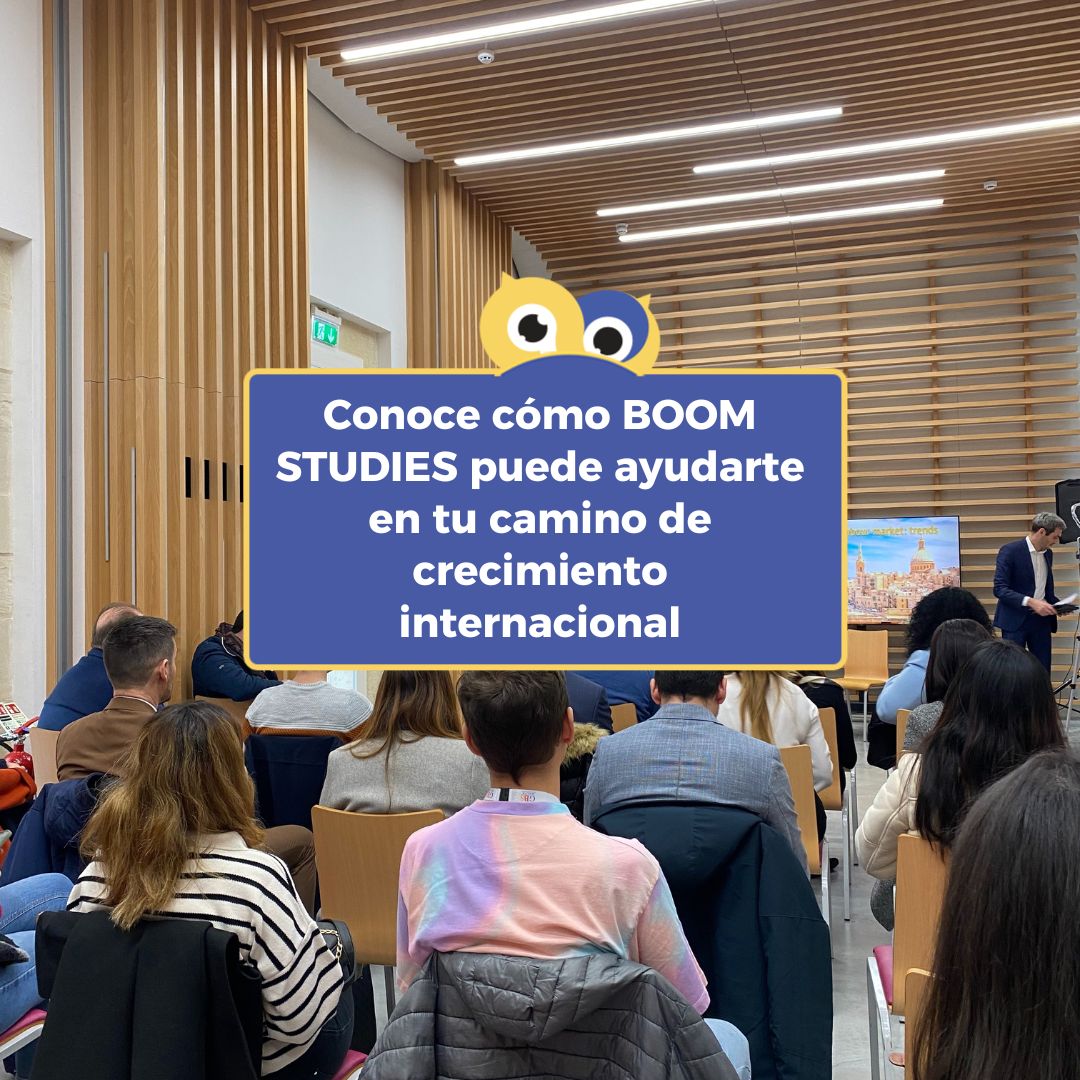Many people wonder what are the requirements and documents to enter the European Union, here we have made a detailed description of the most important to avoid complications with the immigration authorities.
Before reviewing the requirements, we advise you to check whether your country is on the list of visa exempt countries. here. If you require a visa in advance, you will need to apply for it at your country's embassy depending on your travel intentions.
While some people claim that immigration officials did not ask them for anything, if you are required to have any of the following documents and you do not have them, your entry into Europe may be denied. But if you are asked for any of the following documents and you do not have them, you may be denied entry to Europe. The best thing to do is to prevent any mishaps that could complicate your experience.
Requirements and documents to enter the European Union:
International Identification Document
Valid passport in good condition. It must be valid for 6 months after your departure from the European Union.
ETIAS (European Travel Information and Authorisation Form) procedure
ETIAS is a pre-travel authorisation to Europe. It will be implemented and mandatory only from November 2023. To find out how to apply for it our article on requirements, documents and recommendations for applying for ETIAS.
*ETIAS update, January 2023: not yet implemented.
Tickets to and from the European Union (Schengen Area)
To travel to Europe you must have a departure ticket within 90 days, which you are exempt from visa requirements. If you do not have them, it is very likely that in your country of origin you will not be allowed to board the plane or, at immigration, they will make you buy the exit ticket or even send you back to your country of origin with a penalty of not being able to enter the European Union for 5 years.
Financial resources to cover all your expenses
You will have to prove to migration officials that you have the money to support yourself in Europe. The recommendation is to have a minimum of €1000 per month per person. These resources can be presented in cash and up to an amount of €10,000, in your bank account or in your sponsor's bank account.
Evidence of what you are going to do on your visit to Europe
If the migration officer asks you about your travel intentions, you should be clear and concise with the information and evidence you present. If it is for study, you must present the letter of acceptance from the educational institution and the receipt of payment for your course. If it is for tourism, you must present the reservation of your airline tickets, transportation, activities, places and countries to visit.
Booking of accommodation
It is very important that you can prove where you will be staying during your stay in Europe. In case you are travelling for study purposes, you will need to prove a reservation for the first few days, ideally 7 to 10 days.
Travel insurance
Our recommendation is that you always travel with insurance that covers you in case of illness or accident. Some credit cards offer this free medical insurance, ask your bank if you have this benefit. As a student, it is advisable that your insurance covers up to €50,000.
Recommendations for migration in Europe:

The presentation of documents in migration
In order to avoid unforeseen events and confusion, it is best to bring all the documentation, mentioned above, printed out and in a folder. If your trip is scheduled for the end of 2023, don't forget to process ETIAS on time.
Project reassurance and confidence with your answers
Be honest and clear with each of your answers. Do not hesitate when asked if you plan to stay in Europe. Always emphasise that you are coming exclusively for study or tourism and that you must return to your home country to continue your life.
About the purpose of your trip/visit
Your intentions for visiting Europe should be clear and match the supporting documentation you have with you. Where will you be? How many days? Why do you want to visit these places? When will you return to your home country? These are some of the questions you may be asked.
If you are coming as a student, you should be aware of the duration of your course, the time intensity, the name of the educational institution and the value of the course. This information should be the same as in your letter of acceptance.
Come with the support of experts on study and migration issues.
Boom Studies is a legally registered agency in Europe, with representatives in several countries and internationally certified for the quality of its study abroad consultancy services. Our guidance and support is free of charge. Contact us via WhatsApp and get ready for the experience of a lifetime. Let's go!








